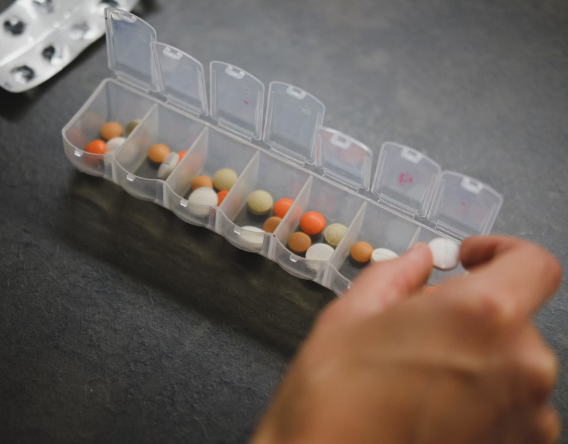Now, you’re packing your bags and heading out on what you deserve summer road trip, filled with fast food, convenience stores, and hours of sitting around with unhealthy snacks on hand.
Can you continue to do a good job? Experts say you can do it if you have a plan.

The idea is to maintain daily and healthy habits as much as possible on the road, just like at home. The key is planning, which can take a lot of stress off the way.
As you check your budget and consult maps and travel guides, here are some health-related factors to consider.
Stay hydrated, but wisely. Carry water bottles and coolers when traveling instead of stopping for sodas.
Establish breaks. When you sit in the car for hours at a time, the flow of blood throughout the body deteriorates. It’s best to stop, stand up, stretch, and move around every two or three hours.
This is especially true for people at risk of blood clots, including those who smoke, are pregnant, take birth control pills, or have medical conditions such as obesity, atrial fibrillation, or diabetes. Blood clots can travel to the brain, heart and other areas, causing a stroke, heart attack, or other damage.
The same advice applies to people with orthopedic problems. If you’ve been sitting for hours, it’s not good for your back, and if you know you have back pain, bring the back support you need.
The sun doesn’t just shine on the beach. Don’t forget to wear sunscreen and sunglasses when driving – the sun shines through the windows. Your arms and face can get sunburned, and it’s also important to protect your eyes from too much UV exposure.
Where is your medicine? It’s not enough to remember to pack them. Traveling can disrupt daily schedules, so don’t forget to travel at the right time. And do not hide them in the trunk. Many drugs are sensitive to temperature. If you leave them in the hot car, it may not be a good idea. They may lose their effectiveness.

Keeping them in the passenger compartment keeps them cool and easy to use. If you have angina (chest pain due to reduced blood flow to the heart), you may need to take nitroglycerin. But if you can’t access it, it won’t do you any good. Do not put tablets in a suitcase.
Medical conditions cannot be left at home. If you do have symptoms or problems, it’s important not to say,”I’ll wait until we get to where we’re going to get tested.” If the situation is serious, be sure to go for an immediate check-up. Pull over, ask for help, or find the nearest emergency room.
Health and safety go hand in hand. Don’t doze off on the road. Change drivers at night or pull over. Get at least seven hours of sleep each night to get a good night’s sleep. Children need more depending on their age.
Search for grocery stores on your phone’s map. Those fast-food restaurants and gas station convenience stores may be right at the highway exit, but they may be full of unhealthy temptations. Finding fresh fruits or vegetables at convenience stores can be difficult.
Just like at home, grocery stores balance these temptations with healthy options: fruits, vegetables, nuts, and something for everyone. When you travel with your family, everyone has different options. At the grocery store, at least you can try to choose healthier options.
